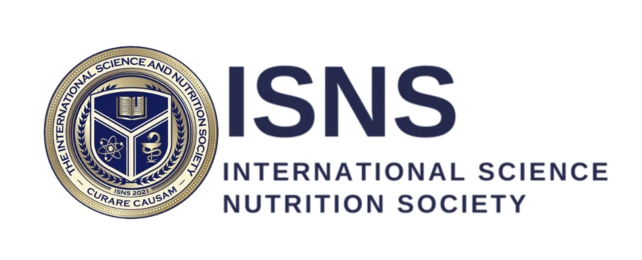Citrus Extract Improves the Absorption and Utilization of Nitrogen and Gut Health of Piglets
Yiyan Cui, Zhimei Tian, Gang Wang , Xianyong Ma, Weidong Chen
The aim of this research was to see how citrus extract (CE) affected piglet plasma free amino acids, intestinal morphology and enzyme function, as well as fecal nitrogen and phosphorus emissions. CE increased alkaline phosphatase and lipase activity in the duodenum, as well as alkaline phosphatase and trypsin activity in the jejunum. CE increased nitrogen absorption and consumption, intestinal anatomy, and digestive enzyme activity, to mention a few items. Weaning stress may cause piglets to underperform in terms of development. Citrus extract has potent anti-oxidant and anti-inflammatory properties that can help animals live longer. The aim of this research was to see whether citrus extract could be used instead of antibiotics in piglet diets. Multiple segments of society will profit by finding an antibiotic substitute that decreases both antibiotic usage and nitrogen emissions, increases animal development, supports farms economically, and reduces pollution.
https://pubmed.ncbi.nlm.nih.gov/31936695/ 344r
Citrus Fruits as a Treasure Trove of Active Natural Metabolites that Potentially Provide Benefits for Human Health
Xinmiao Lv, Siyu Zhao, Zhangchi Ning, Honglian Zeng, Yisong Shu, Ou Tao, Cheng Xiao, Cheng Lu, and Yuanyan Liu
Citrus fruits, which are grown all over the world, have been identified as some of the most energy-dense, nutrient-dense, and health-promoting fruits. Even so, in many Asian nations, a variety of these fruits have been used as common medicinal herbs to treat diseases. In recent decades, several experiments have centered on Citrus secondary metabolites and bioactivities with the aim of developing new chemotherapeutic or complementary medicine. These properties include anti-oxidative, anti-inflammatory, and anti-cancer properties, as well as cardiovascular and neuroprotective properties. This review summarizes Citrus fruits’ global distribution and taxonomy, as well as various secondary metabolites and bioactivities, as a starting point for further research. The primary focus is on flavonoids, which are bioactive metabolites found in citrus fruits. In living organisms, reactive oxygen species (ROS) such as superoxide anion, hydroxyl radicals, and hydrogen peroxide are chemically extracted from oxygen via a variety of metabolism mechanisms, whereas the anti-oxidant mechanism is able to protect against them to maintain equilibrium.
Top 17 Citrus Fruits and Their Health Benefits Rachael Link, MS, RD
Citrus fruits are recognized for their unique aroma and taste. Citrus fruits, in addition to adding a tangy flavor to dishes and desserts, are also high in vitamins, nutrients, and antioxidants. According to new findings, these citrusy superfoods can have a wide variety of health benefits. There are several causes to use more citrus fruits in your everyday routine, ranging from cancer prevention to kidney stone prevention. Citrus fruits are normally rich in fiber, vitamin C, and antioxidants, though the precise nutritional profile changes. Antioxidants, which are protective compounds that fight oxidative stress and protect cells from injury, are present in citrus fruits. Using more citrus fruits to the diet has been attributed to a reduced risk of some forms of cancer in several trials. Citrus fruit consumption has also been linked to a reduced risk of lung, liver, breast, and pancreatic cancers in other studies. Citrus fruits are low in calories but high in fiber, making them an excellent substitute for weight loss. These fruits have been shown in studies to improve digestive health, brain control, weight loss, cancer cell recovery, kidney stone prevention, and heart health. However, if taken in large quantities, they can cause cavities, and certain varieties can conflict with some medications.

